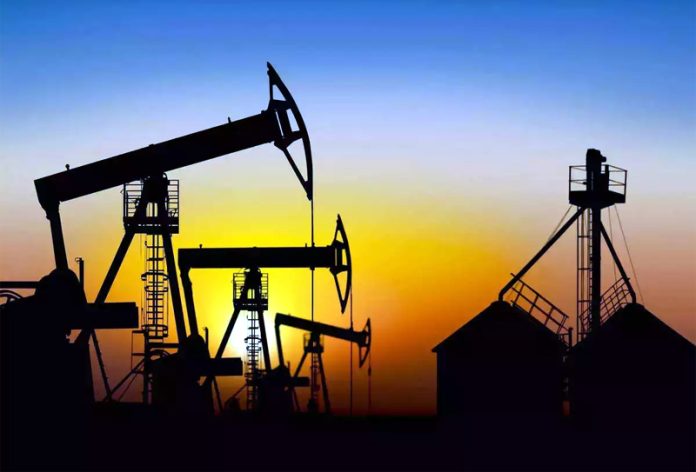NEW DELHI, Jan 13 : India, the world’s third largest oil importing and consuming nation, does not expect any disruption in Russian oil supply for the next two months but its oil refineries are likely to shun deliveries made by tankers that have been sanctioned by the US in the latest round, a senior government source said Monday.
The US on Friday announced swiping sanctions against Russia’s energy trade. The sanctions targeted Russian oil producers Gazprom Neft and Surgutneftegas as well as 183 vessels that have shipped Russian oil.
Russia used these tankers to ship oil to countries like India and China after the Group of Seven countries in 2022 imposed a USD 60 a barrel price cap on exports by the Kremlin. This cap, introduced to limit Moscow’s revenues to fund its war in Ukraine, meant that western shipping and insurance services were not available for any oil cargo that was priced more than USD 60 per barrel.
To circumvent that, Russia used the so-called shadow fleet, insured by its own companies. This fleet has now been sanctioned.
The source said there is a wind-down period until March 12, which will allow for existing contracts to finish.
“For the first two months there will be no disruption. Within two months we will probably see new arrangements emerging in terms of oil coming to India,” the source said.
Sanctioned Russian tankers will not be allowed to dock at Indian ports, the source said, adding that the only exception would be for Russian oil cargoes booked before January 10, provided they unload by March 12.
“The market is waiting for Russia to respond to sanctions,” he said. “Russia will find ways to reach us.”
One way could be that Russia could offer deeper discounts for crude exports to India to meet the USD 60 a barrel price cap to continue exports.
India became the second biggest buyer of Russian crude oil since Moscow invaded Ukraine in February 2022, with purchases rising from less than 1 per cent of the total oil imported to almost 40 per cent of the country’s total oil purchases.
The rise was primarily because the Russian crude oil was available at a discount to other internationally traded oil due to the price cap and the European nations shunning purchases from Moscow.
The sanctions sent global oil prices to over USD 81 a barrel on Monday, their highest since August, on expected disruption of Russian oil supply to China and India.
“The spike in price is a knee-jerk reaction,” the source said, adding that Brent will ease below USD 80 because there is no shortage of supply.
Indian firms can seek additional oil from the Middle East and elsewhere in the world in case of any shortage from Russia.
“In the next two months we dont anticipate a major problem because ships already in transit will come to us,” he said.
He said a few things have not changed — the price cap of USD 60 has not changed. Also, the freight is to be accounted for and insurance has to be paid for.
“What has changed is that the two entities that have got sanctioned. What changed is that one Russian insurance provider has been sanctioned,” he said.
“Of the two entities who have been sanctioned, one was not a major supplier to India. The other one was not the major one but a significant one. There are other suppliers from within Russia as well as from elsewhere who are traders, who have not been sanctioned.”
The source said the impact of the US sanctions will unfold slowly.
In the worst-case scenario, the Russian crude, which India was getting at a discount, will not be available at a discount, he added.
In an attempt to restrict funds for Russia’s war machine, The Group of Seven (G7) rich nations, the European Union and Australia put an embargo on Russian crude and introduced a USD 60 per barrel price cap in December 2022.
Over the next 12 months, the price cap and embargo had a significant impact on revenues, and forced Russia to find new markets and ways to transport its oil.
Russia did this by offering deep discounts on its Urals grade crude.
In the first year of the sanctions Russia was losing, on an average, 23 per cent of its Urals crude export revenues every month due to the price cap and embargo. This figure has fallen sharply to a mere monthly average of 9 per cent in the second year of the cap. This is because Russia built a network of ‘shadow’ tankers, which could trade its oil above the cap to new markets in non-sanctioning countries. (PTI)


